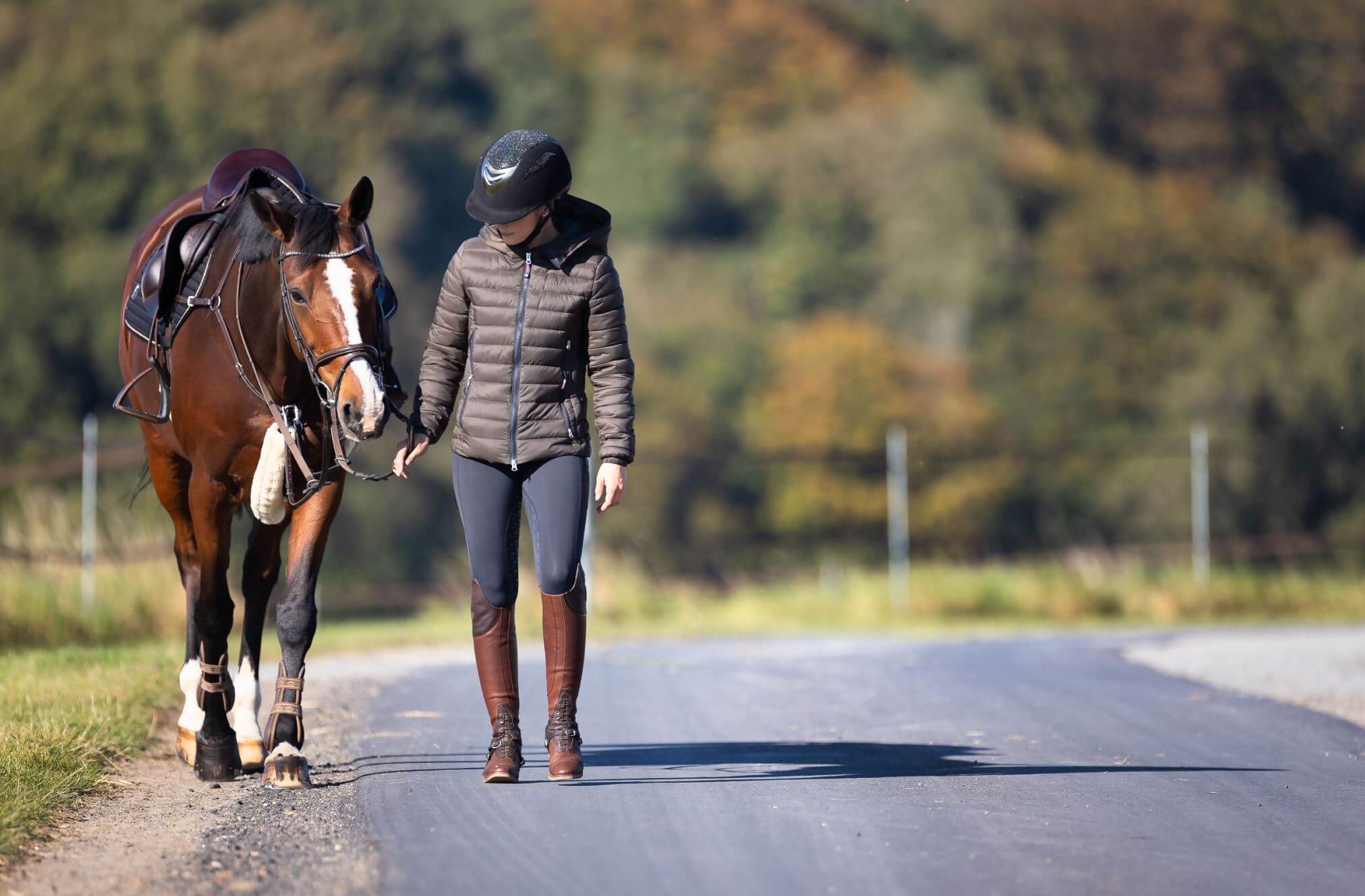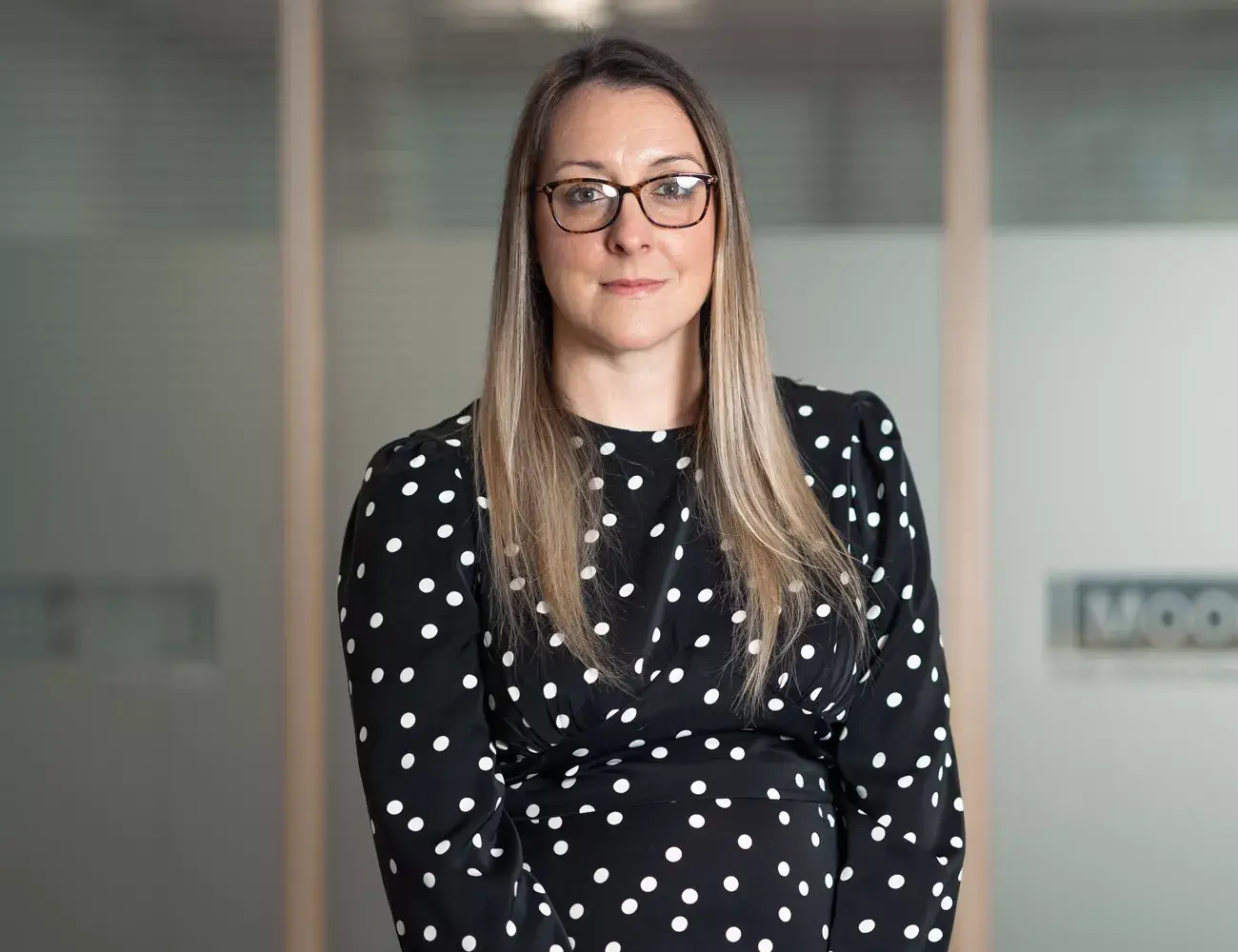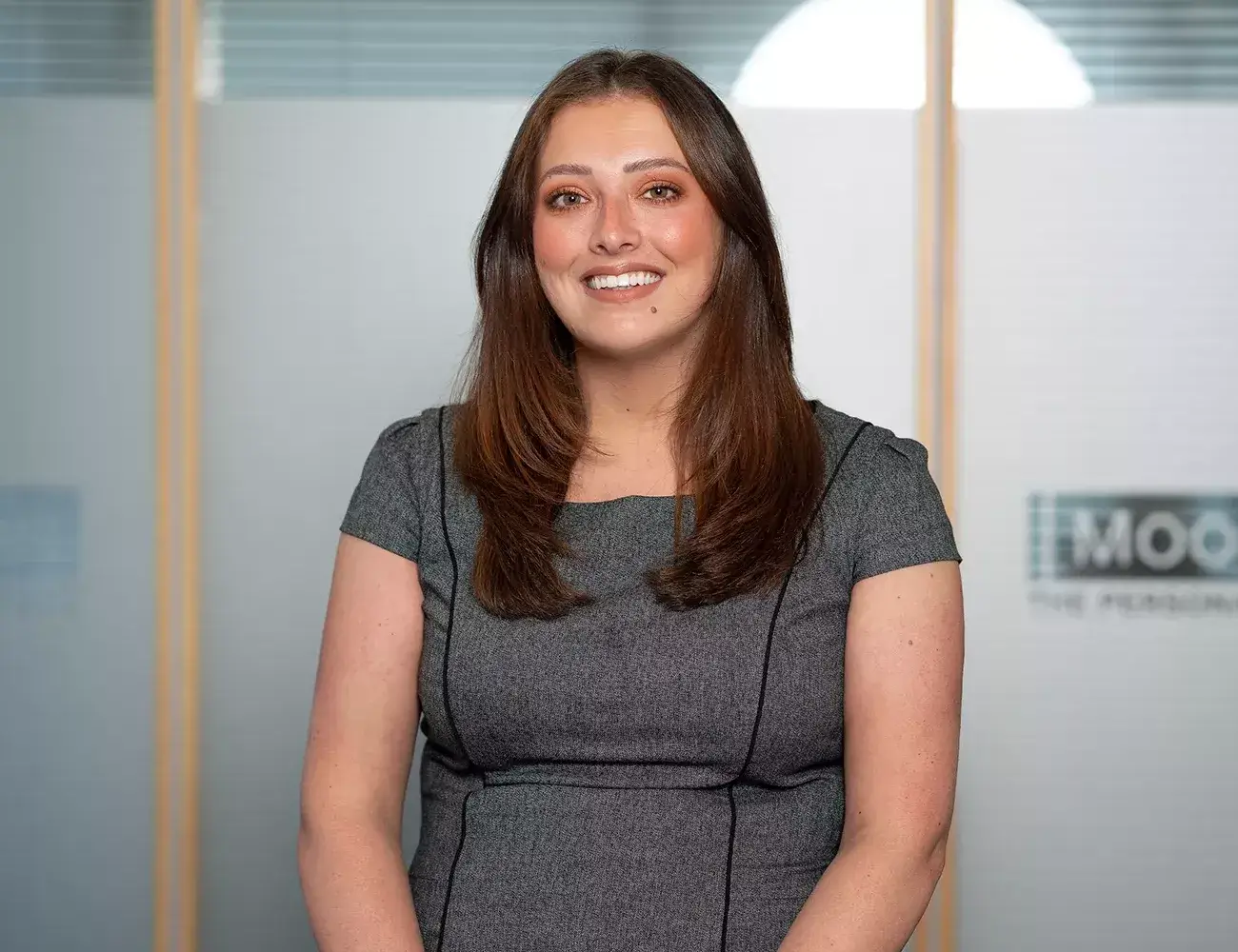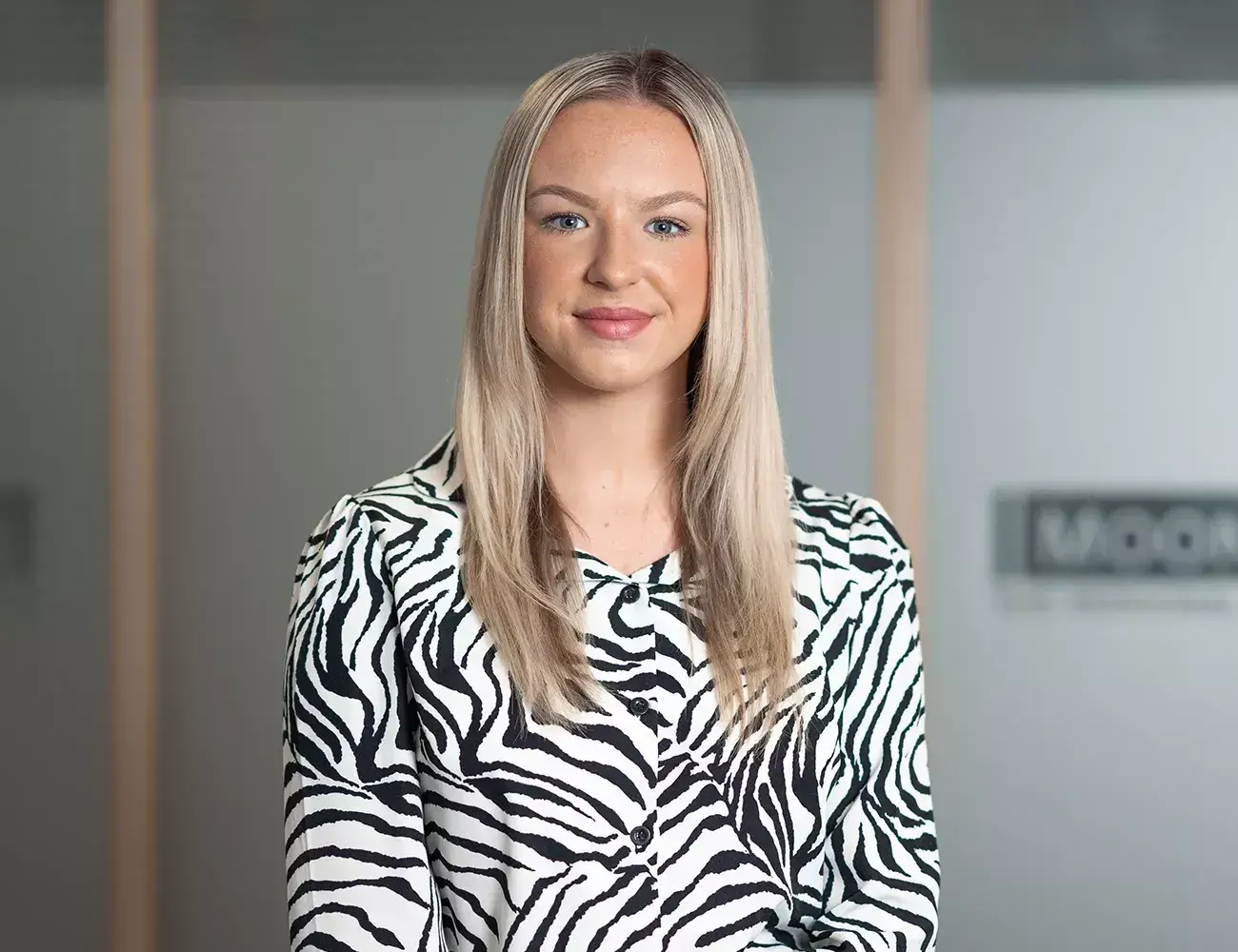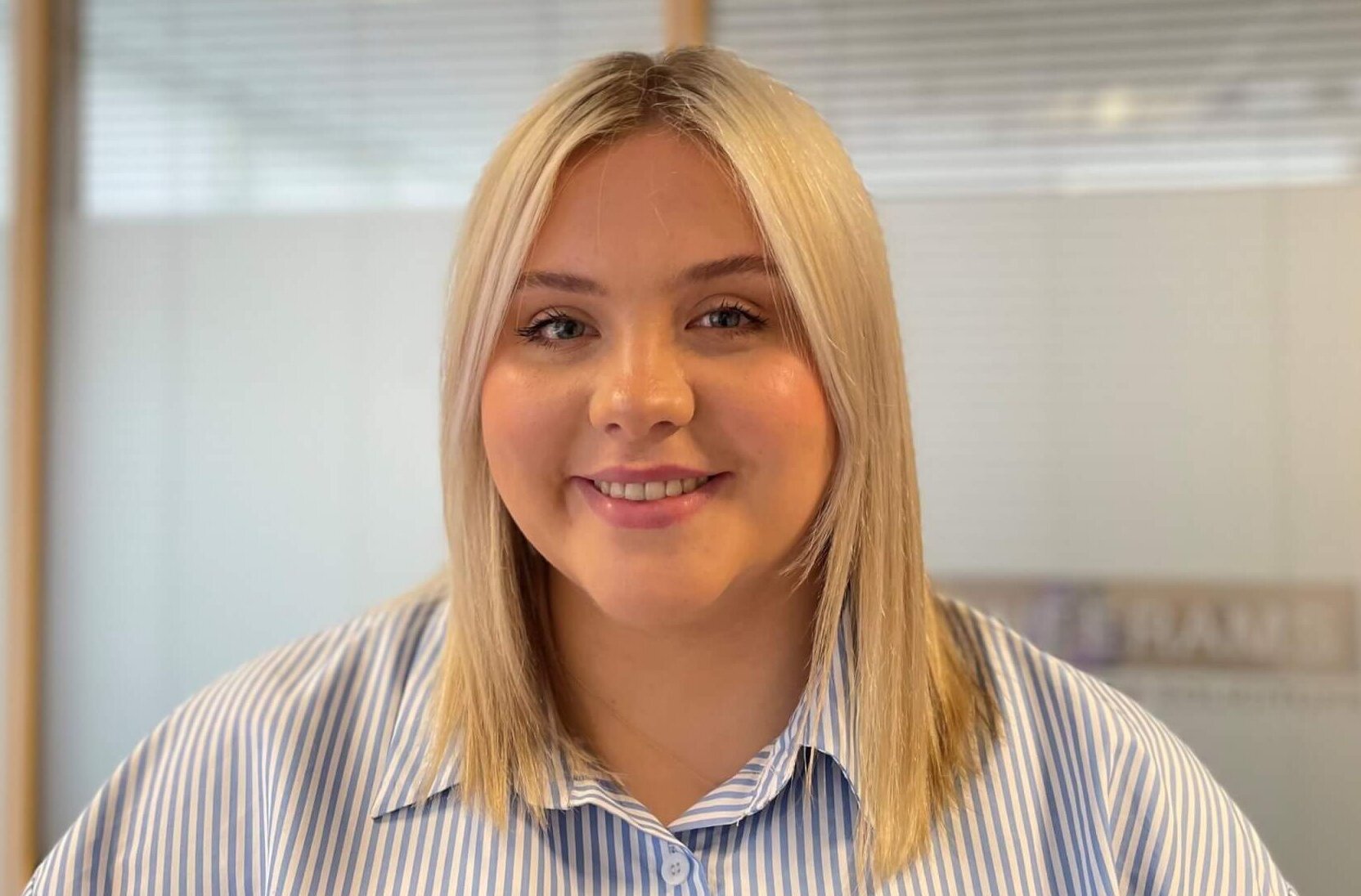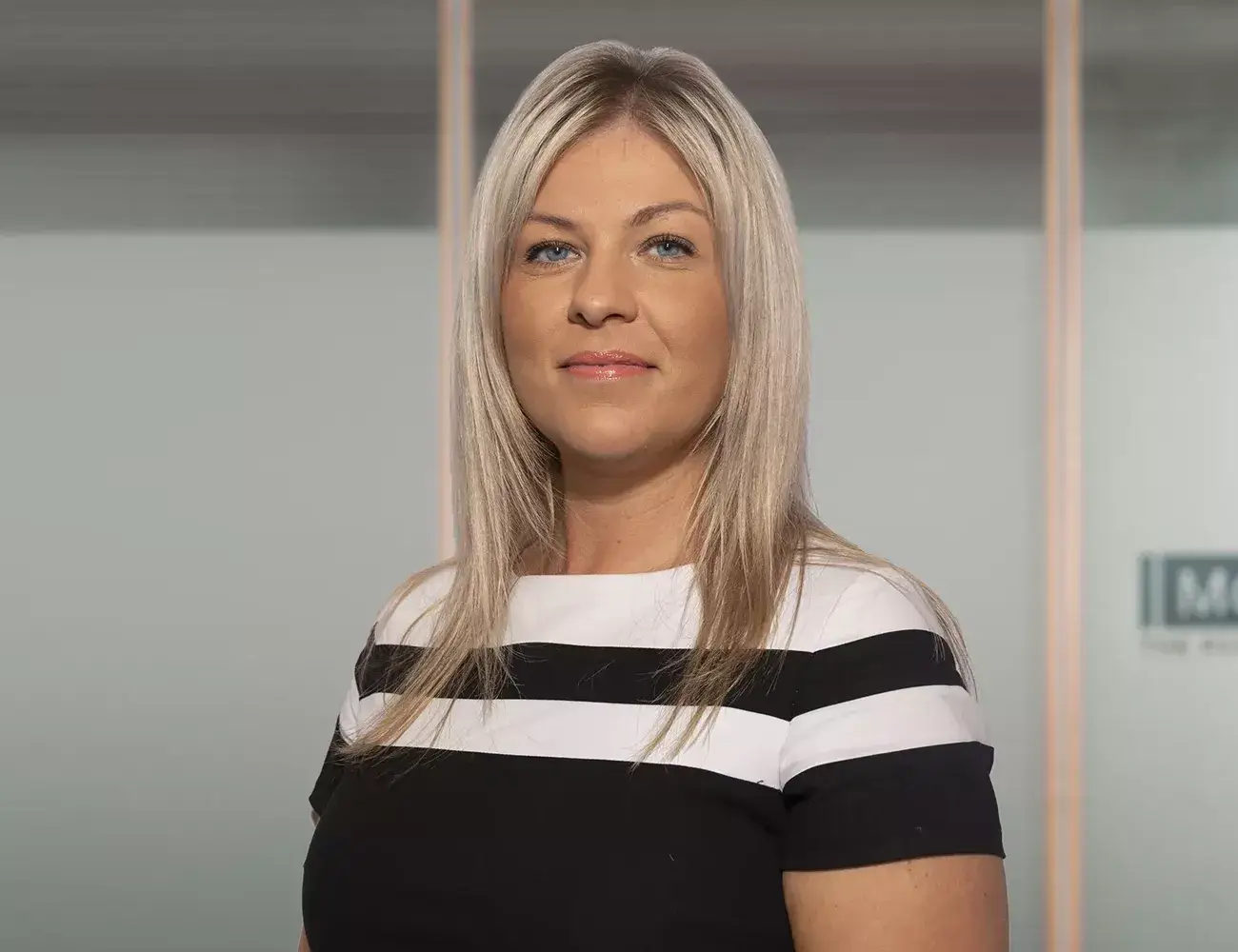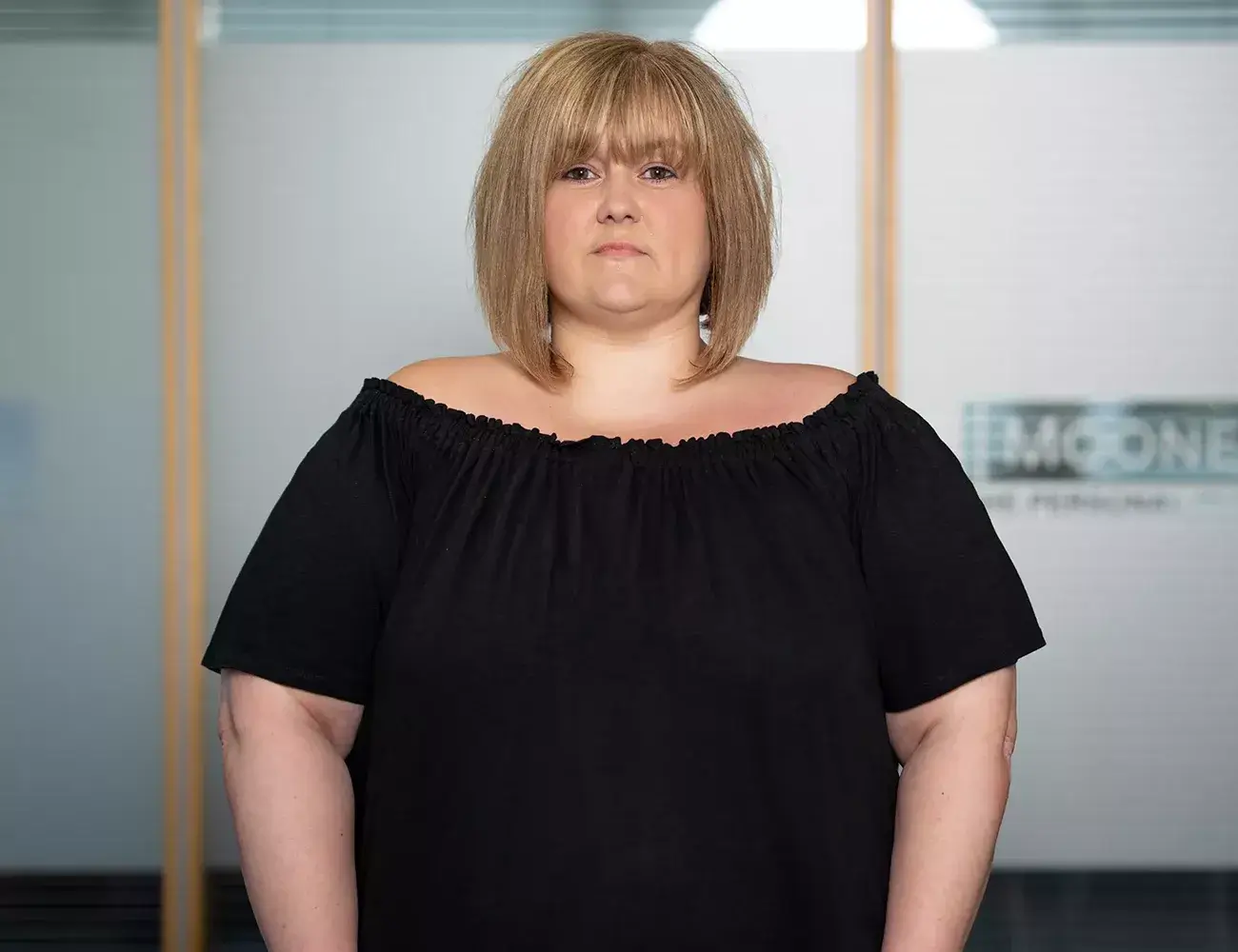Horse Riding Accident Claims
If you’ve been injured in a horse-riding accident, you may be entitled to make a horse-riding accident compensation claim.
Even if you are only considering making a claim, we encourage you to call the specialist personal injury solicitors at Mooneerams Solicitors on 029 2048 3615. You will speak with a member of our award-winning personal injury team, who will guide you through the process of making a claim.
Your call will be entirely confidential, and you will not be obliged to pursue the matter further unless you wish to. Mooneerams handles most horse riding accident claims on a No Win No Fee basis.
According to the British Horse Society (BHS), in 2023:
- There were 3,383 road incidents involving horses
- 66 horses died, and 86 suffered injuries in road accidents
- Three people died, and 94 more sustained injuries on the road
- 85% of road incidents occurred due to vehicles passing by too closely or too fast
Horse riding is hugely popular in this country. The number of people in the UK who regularly ride is approximately 1.8 million every year.
Horse riding is also, by its very nature, a potentially dangerous activity since horses weigh between 250 and 1500 lbs and can move at speeds of up to 40mph.
Even standing close to one of our equine friends requires careful management to ensure the horse doesn’t get spooked and bolts. The safety of riders who work with horses, spectators at equestrian events, and the horses themselves must be carefully risk managed.
Whether your occupation involves working with horses for a living or riding them as a pastime, the potential for an accident due to someone’s negligence is an ever-present risk.
Our ‘Horse Riding Accident Claims’ page contains all the information you need to guide you on what to do when something goes wrong.
If we haven’t answered your specific horse racing accident query, call us today at 029 2048 3615 or contact us online.
What are the different types of horse riding claims?
Horse-riding accidents happen for all kinds of reasons and circumstances. Below, we list some types of horse-riding accidents that personal injury lawyers get asked to help with.
Horse riding accidents involving motor vehicles or other road users
One of the more common types of horse riding accidents occurs when a horse and rider are hacking out on a public highway and become involved in a road traffic accident with a motorist.
The kind of incident we refer to generally occurs when motorists pass a horse and rider, leaving insufficient passing distance and travelling too fast, and in doing so, cause a collision.
The almost inevitable result is that the frightened and probably injured horse unseats its rider in the ensuing melee, causing the rider to fall to the ground and sustain personal injury.
The motor vehicle doesn’t need to strike the horse to cause an accident. A motorist who passes the horse and rider without leaving enough room to do so or at an excessive speed may cause the horse to rear up and throw its rider onto the road.
Rule 215 of the revised Highway Code provides that car drivers should pass horse riders and horse-drawn vehicles at no more than ten mph and leave a distance between themselves and the horse of not less than two metres.
A traffic offence is not automatically committed if a driver fails to comply with this section of the code, as the rule is not mandatory; it is not a ‘you must do or not do (something)’ rule, but merely advisory.
However, suppose a motorist causes a horse-riding accident through poor driving. In that case, his failure to comply with Rule 215 of the Highway Code may be proof of negligence if the rider later makes an injury claim.
Top tip: Investing in a reasonably priced riding hat camera may prove invaluable if you or your horse suffers injury in a road traffic accident. The camera might capture crucial video footage of the incident, which can be used as evidence in any subsequent personal injury claim.
Road traffic accidents involving horses, riders and motorists can result in any parties concerned receiving life-changing injuries. Fatal accidents, whilst thankfully uncommon, do, nevertheless, happen.
Hit and run horse riding accident claims
You may be more familiar with the term ‘hit and run accident’ than the phrase often used by lawyers – ‘untraced drivers’.
Hit-and-run accidents happen every day somewhere in the country. Whilst horse riding accident accidents involving collisions or near misses with other road users are not in themselves everyday occurrences, when they do happen, it’s not uncommon for them to turn into untraced driver claims.
As noted above, a collision isn’t always necessary for a horse-riding accident to occur.
Poor driving, which makes a horse bolt and unseat its rider, is usually caused by a vehicle travelling too quickly and too close to the horse.
Some motorists think driving away from the scene after such incidents is acceptable simply because they didn’t collide with a horse or rider. Either that or they panic. As outlined above, a motorist can still be at fault for an accident even if a collision doesn’t take place.
If the driver responsible for the accident never gets traced, the injured rider may still be able to claim compensation under the Motor Insurers Bureau’s Untraced Driver’s Agreement and be paid compensation for personal injury and other losses. You must report the accident to the police as soon as possible and within at least 14 days of the accident.
Horse riding accidents whilst working with horses
If your job involves working with horses, your employer owes you a duty of care to ensure that he does all he reasonably can to ensure your safety while at work.
Several Acts of Parliament back up this unwritten (or ‘Common Law’) duty of care. The main one is the Health and Safety at Work etc. Act 1974, which sets out in section 2 of the Act:
“It shall be the duty of every employer to ensure, so far as is reasonably practicable, the health and safety and welfare at work of all his employees.”
The duty of care and workers’ rights legislation applies equally to paid employees and volunteers.
Stable hands, yard or horse grooms, barn managers, horse trainers, and horse riding instructors all work with horses daily. If you work with horses every day, your employer should take suitable measures to make sure you come to no harm.
A diligent employer should:
- Provide you with appropriate and ongoing training.
- Ensure they supply all the equipment you need to work safely with horses.
- Ensure the equipment you use is in good working order.
- Conduct risk assessments to identify any potential hazards you and your colleagues may encounter while performing your daily duties.
- Ensure any hazards identified during the risk assessment are dealt with or managed promptly.
When an employer fails in his duty of care to his employees, and one has an accident at work caused by this breach of duty, the injured worker may decide to bring a personal injury claim against their employer.
Examples of circumstances that might lead to an employee making a horse riding accident claim as a result of something that happened at work include:
- Getting bitten or kicked by a horse
- Crushing injuries (if an employee becomes trapped against a wall or fencing by a horse)
- ‘Slips trip or falls’ in the yard
- Falling from a horse that bolts or bucks, unseating the employee.
An employer may argue that as an employee who works with horses, you should accept that a horse may injure you from time to time. This sentiment may be true if the injuries were no one’s fault, but it is not true when your employer’s breach of duty of care causes injury. No employee agrees it is ok to get injured at work due to their employer’s negligence!
Horse riding accidents at riding schools
Riding schools play a hugely important part in the lives of many horse riders. Most experienced riders learn the ropes at such establishments, which cater to riders of varying skill levels and age groups.
Riding schools are businesses, so they owe a duty of care not only to their employees but also to their clients. The duty of care to their clients is defined as a duty to:
- Provide their clients with horses suitable for them as individuals, taking into account the clients’ age, skill, and ability.
- Provide equipment that fits properly and is either new or well maintained.
- Provide their clients with appropriate supervision and training by staff members with the necessary training, qualifications and experience.
A riding school client who gets injured in a horse riding accident because of negligence on the part of the riding school or its staff may be able to bring a compensation claim against the school.
This type of claim is known as a public liability claim. If the claim is successful, the riding school’s public liability insurance policy will usually pay out damages (compensation) on behalf of the school.
Some examples of when a horse riding accident may prove to be the fault of the riding school include:
- Failing to ensure that they provide a safe setting for lessons to take place
- When a horse falls on top of its rider
- A rider is provided with faulty equipment that can cause injury, such as a saddle, reins, or riding hat.
- The girth is not fitted correctly around the horse, causing the rider to fall off.
- The rider is given a horse with an unsuitable temperament, taking into account the rider’s experience.
- Accidents that occur while a group is out hacking under the care and supervision of riding school staff and caused by the riding school staff’s poor planning, supervision, signalling, and leadership.
Who do you claim against after a horse riding accident?
You will claim against whosoever’s carelessness caused the accident, which resulted in you getting injured.
- If a motorist caused the accident, you would claim against the driver who caused it, with their motor insurance policy paying you compensation if your claim is successful.
- If your horse riding claim is against your employer, you will bring an employer’s liability claim. If it succeeds, your claim for damages will come from your employer’s insurance company.
- Riding school pupils who claim compensation for a horse riding accident will sue the riding school. If successful, the riding school’s public liability insurance provider will pay their compensation.
What types of injuries are caused by horse riding accidents?
There is no one specific type of injury that results from a horse riding accident. A rider who is thrown from a horse or gets crushed or kicked by a horse may suffer serious injuries, including:
- Head or Brain Injury
- Broken bone injury
- Spinal injury
- Lacerations
- Paralysis
- Damage to internal organs
- Fatal injuries
Thankfully, not every horse riding accident results in serious injury, and sometimes accident victims walk away with nothing more than bumps and bruises.
How much compensation will I get if my horse riding accident claim succeeds?
At the start of a claim, it’s impossible to say, with any degree of accuracy, how much compensation you will get if you suffer injury in a horse riding accident and go on to make a successful personal injury compensation claim.
For one thing, the injuries suffered in horse riding accidents can range from minor ones to injuries of the utmost severity that will change your life and your family’s lives forever.
Sadly, some horse-rising accidents result in the injured party suffering fatal injuries.
When claiming damages after a horse riding accident that wasn’t your fault, your personal injury solicitor will claim two kinds of compensation on your behalf:
General Damages – compensation for pain, suffering and loss of amenity, where the loss of amenity refers to the effect the injury has had on your everyday life.
Special Damages – compensation calculated using a mathematical formula. Under this heading, your claim may consist of the following:
- loss of earnings and estimated future loss of earnings,
- therapy and rehabilitation costs, both past and future,
- cost of any medical treatment carried out privately,
- the cost of any specialist equipment and
- costs for other items or services you need due to the injuries sustained in the accident.
To see how much you may receive for certain types of injury in a horse riding accident, visit our Personal Injury Calculator page. However, the figures quoted are merely a guide to the range of figures awarded for general damages for different types of injury. Please don’t rely on them as applicable to your case; get specific legal advice from your solicitor.
How long do I have to make a horse riding accident claim?
Most adults have three years from the accident date to start a personal injury claim.
By the date of ‘starting’ or ‘bringing’ a claim, we mean the date the necessary paperwork has been filed and issued at court to start court proceedings, not three years from when you first ask a solicitor to take up your claim.
At Mooneerams Solicitors, we advise clients to start any personal injury claim as soon after the accident as possible.
Start the process of making a claim soon after the accident so the circumstances are still fresh in your mind and the minds of any witnesses.
Depending on your injuries, a horse riding claim can take quite a while to conclude. It may be a year or more before the claim settles. The sooner you start the claim, the sooner it will finish, and the sooner you will receive compensation.
If the claim is for a child or a person with a disability, there are special rules about the time limits to start an injury claim.
Why should I choose Mooneerams solicitors to handle my horse riding accident claim?
Mooneerams – ‘The Personal Injury Solicitors’, have been helping innocent victims of accidents bring successful personal injury claims for over twenty years. At Mooneerams, we only deal with personal injury claims and only for claimants: people injured in accidents that are not their fault. We don’t act for insurance companies and don’t accept claims from claims management companies.
In 2022, the Wales Legal Awards recognised our expertise in winning personal injury claims for ordinary people who’ve been injured through no fault of their own by naming us ‘Personal Injury Team of the Year’.
We don’t just act for people in Wales; we handle claims for people from all over Wales and England.
We travel to visit clients in their own homes when their injuries make it difficult for them to come and see us. We also hold Zoom and Microsoft Teams meetings with our clients if they prefer.
You’ll find that nothing is too much trouble for our dedicated team of personal injury specialists. We understand what our injured clients are going through after a horse riding accident.
Mooneerams work with specialist doctors, therapists, and rehabilitation teams to ensure your claim is presented professionally, thoroughly, and with the appropriate expertise.
We aim to ensure that the compensation we get for you includes the cost of getting you back to fitness and able to resume your everyday life again as fully and as quickly as possible.
Contact us today at 029 2048 3615 or fill in the contact form on this page, and we’ll get back to you at a time that suits you.
Mooneerams handle most horse-riding accident claims on a No Win No Fee basis. The attraction of No Win No Fee claims is that if your claim is unsuccessful, you will have nothing to pay in most circumstances.

